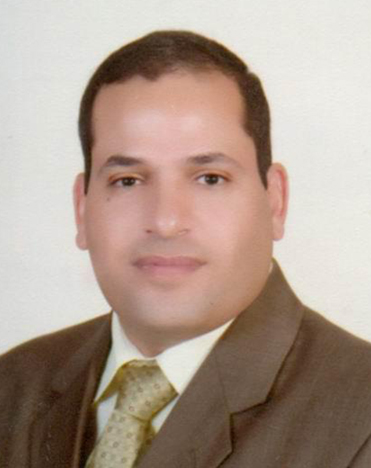Groundwater resources of Sohag, Egypt are currently threatened by contamination from agricultural and urbanization activities. Groundwater in Sohag area has a special significance where it is the second source for fresh water used for agricultural, domestic, and industrial purposes. Due to growing population, agriculture expansion, and urbanization, groundwater quality assessment needs more attention to cope with the increasing water demand in this arid zones and limited water resources. The aim of this paper is to address the integrated role of geochemical processes, agriculture and urbanization in evolution of groundwater composition, and their impact on groundwater quality to help in management and protection of groundwater resources of study area using geochemical modeling techniques and geographical information systems. Spatial variation of groundwater hydrochemical properties, rock–water interaction, ion exchange, and assessment of groundwater quality were investigated. Results indicated that groundwater properties are varied spatially and its evolution in the study area is generally controlled by the prevailed geochemical processes represented by leaching, dissolution, and precipitation of salts and minerals, ion exchange, in addition to human activities represented by agriculture and urbanization as well as climatic and poor drainage conditions. Management alternatives should be followed in the study area to avoid degradation of groundwater quality and provide sustainable development.

